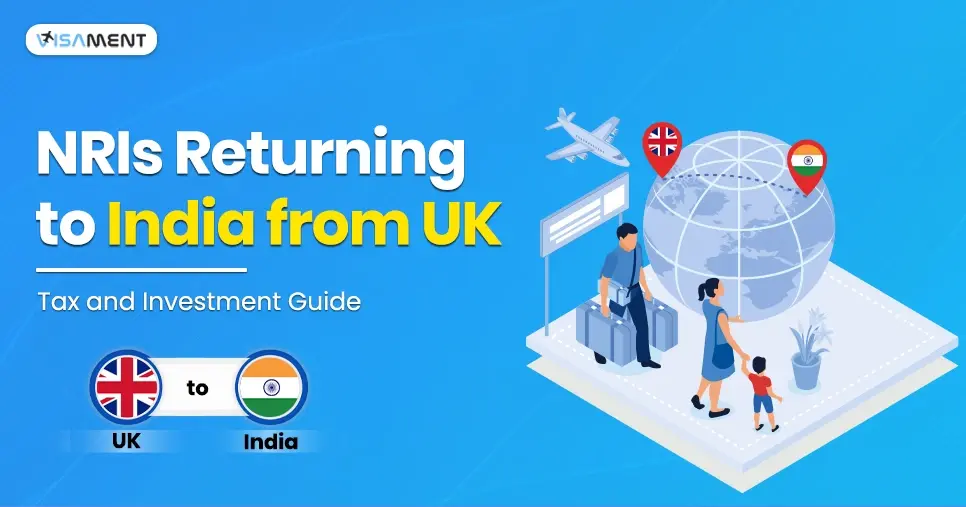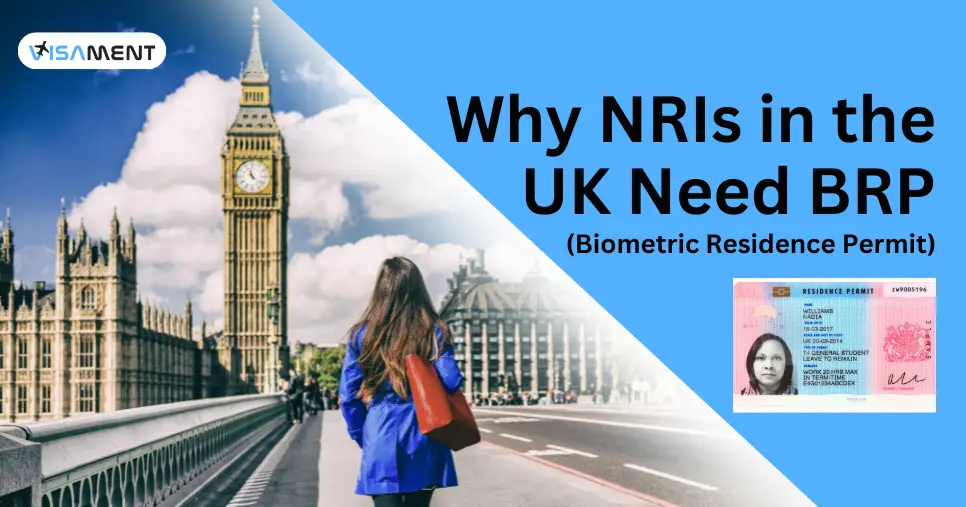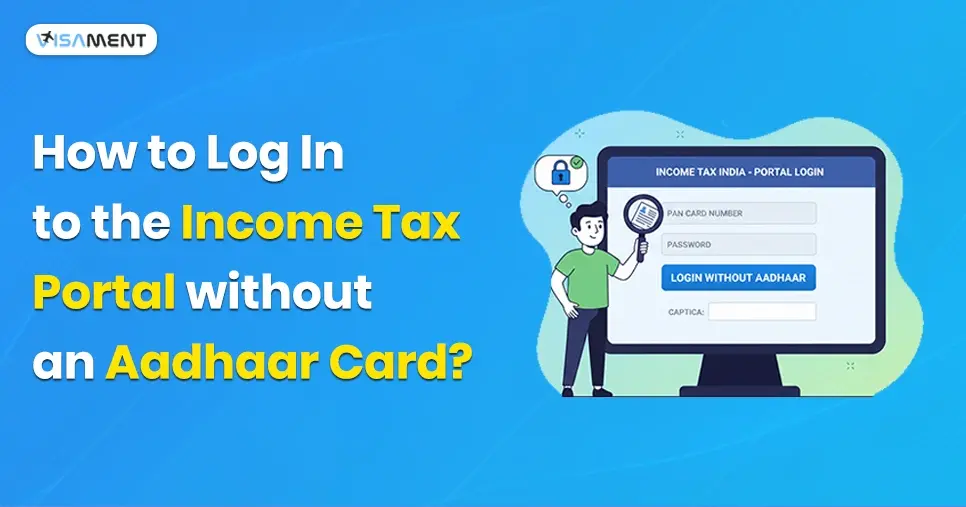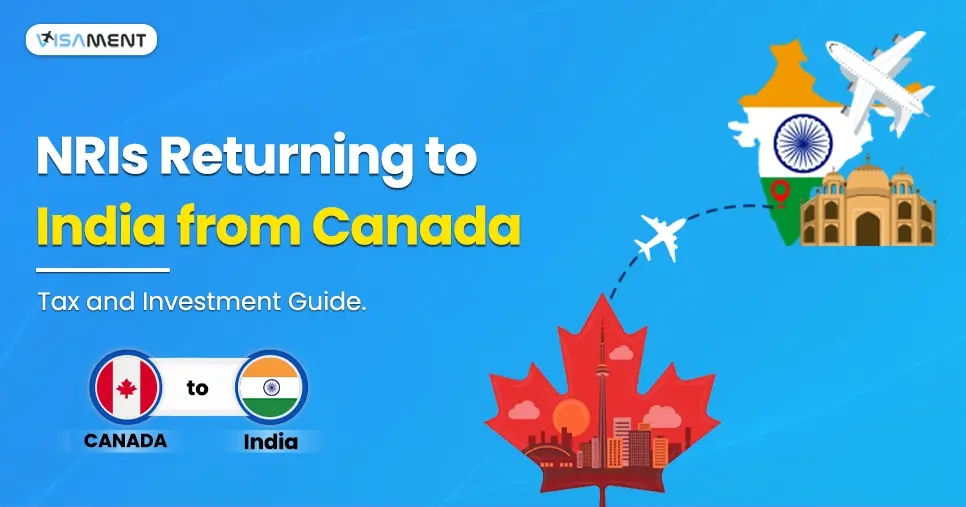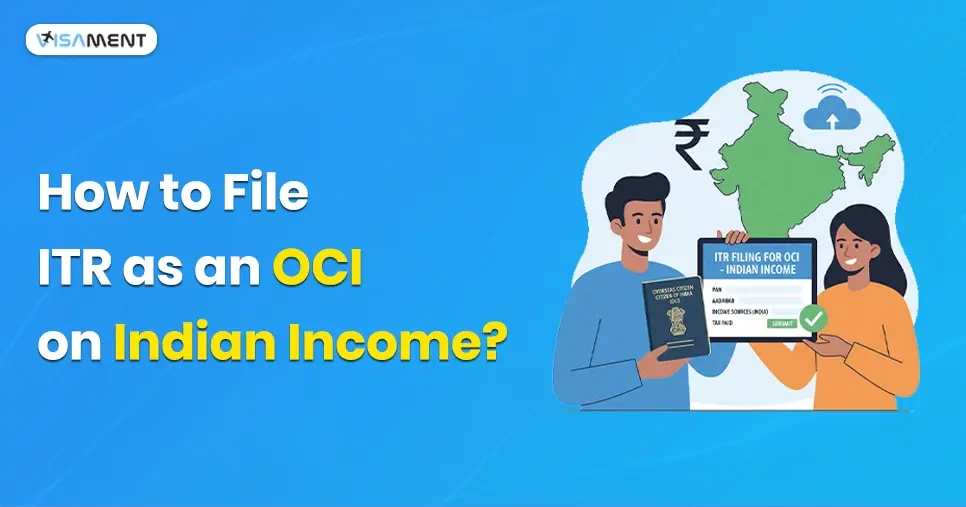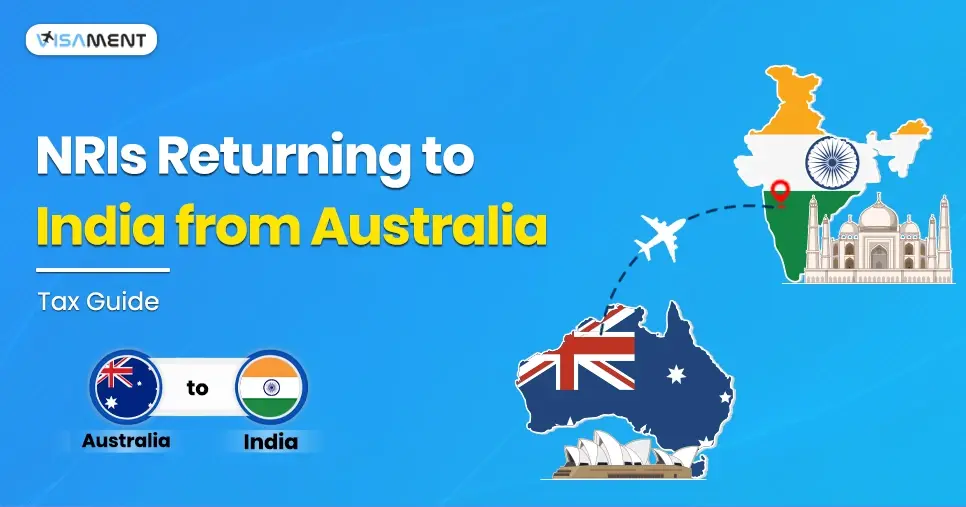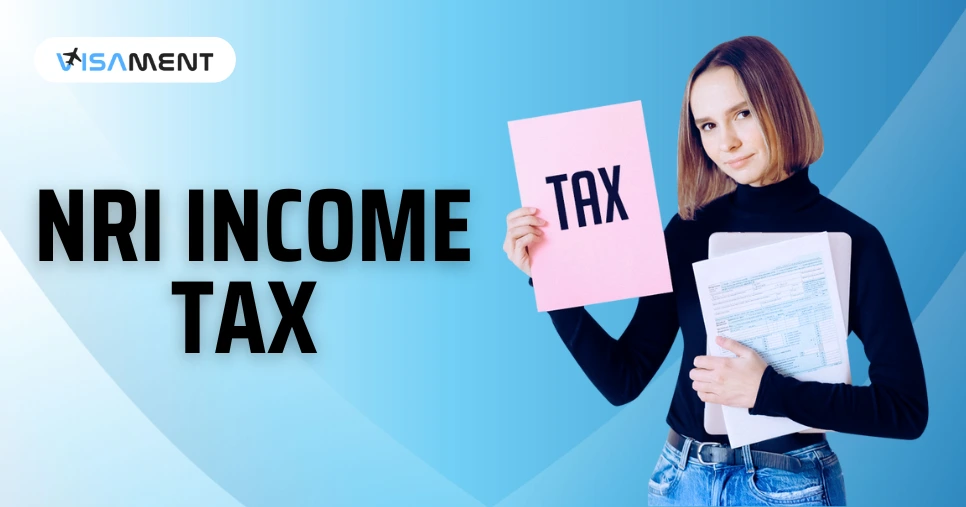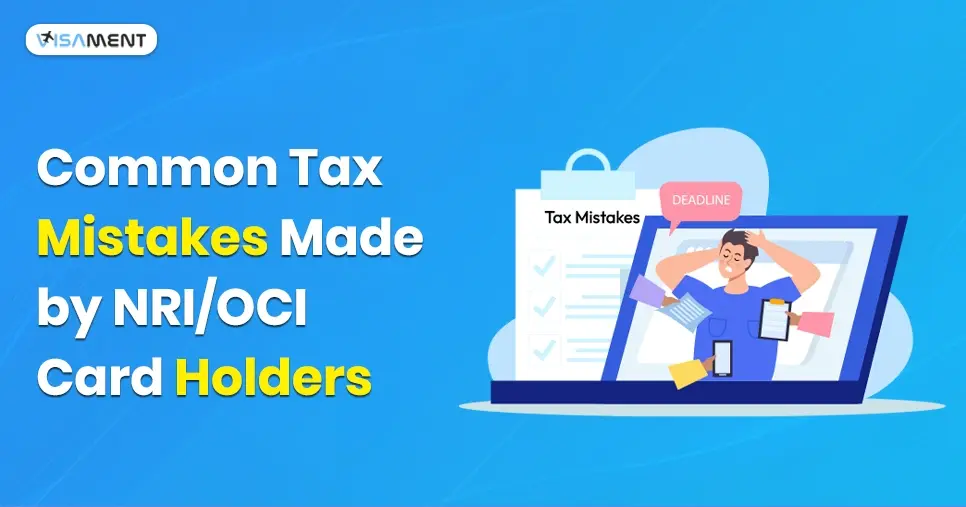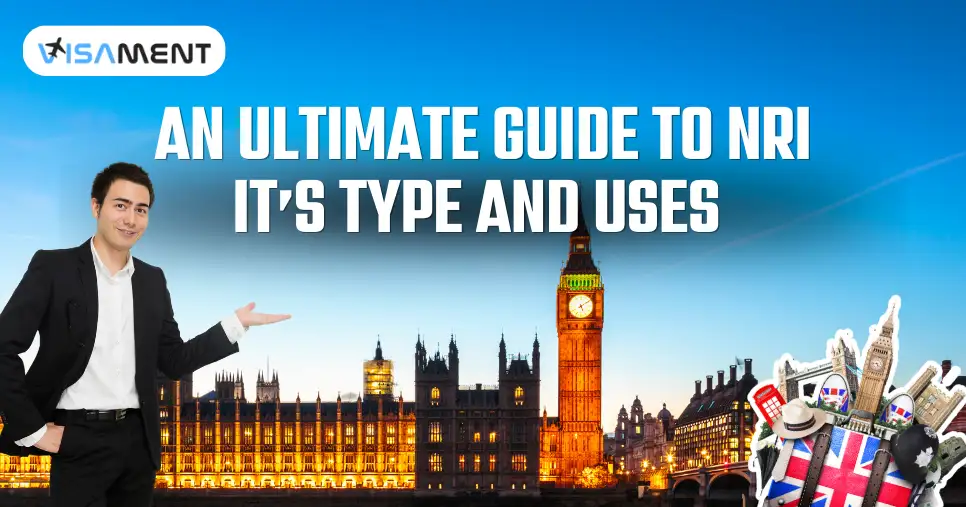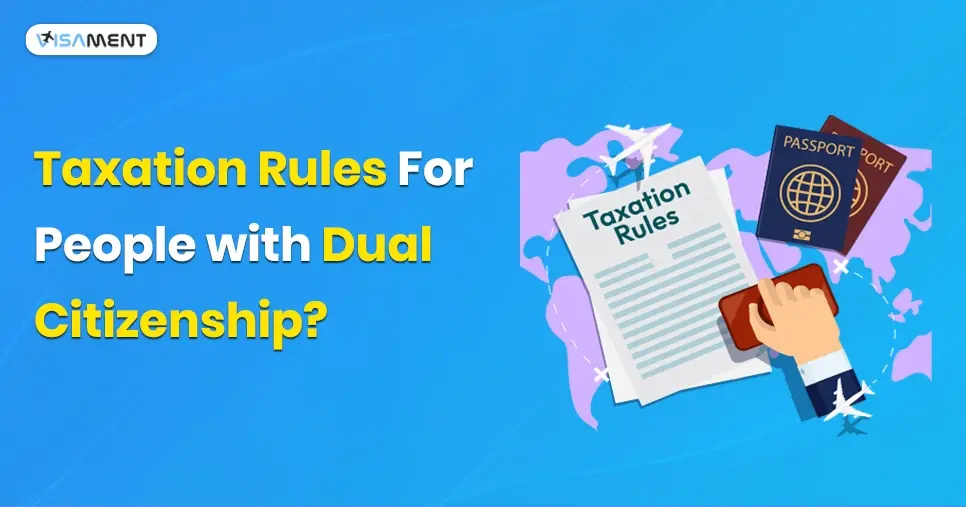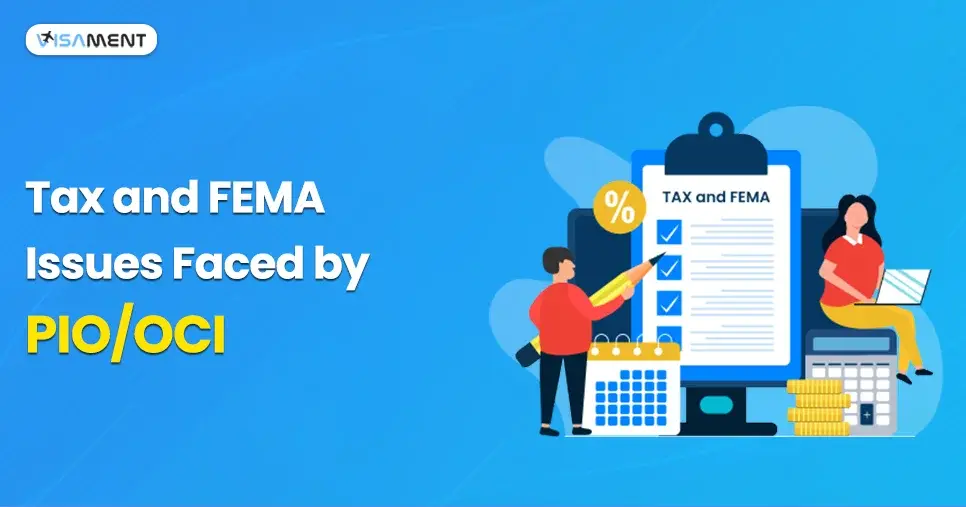- Key Takeaways
- Why are NRIs returning to India?
- Banking Needs for NRIs Returning to India from the UK
- Managing Investments After Moving Back to India from the UK
- Tax Implications of an NRI Returning to India
- DTAA Between India and the UK
- Common Challenges NRIs Face While Moving Back to the UK
- Final Thoughts
The UK, renowned for its high-quality education system, is an attractive destination for Indian-origin individuals, offering better career opportunities and avenues for growth.
However, in the past few years, many of the NRIs have decided to return to India, which can be due to any reason, like financial, social, or professional.
Getting back to India from the UK is not easy for NRIs and OCI cardholders. You need to take care of all the necessary tasks, such as your taxes, banking, investments in India, funds repatriation, and other documentation.
In this blog, we will guide you on relocating back to India while discussing the financial and tax rules for NRIs returning to India.
Key Takeaways
- NRIs returning to India from the UK are commonly due to financial reasons, for job and growth opportunities, or to strengthen family ties.
- On a change of residential status to resident, non-resident Indians (NRIs) need to re-designate or close their NRO/NRE bank accounts.
- Upon your residential status, you will know how you will be taxed in India.
- You can claim tax credits on the same income under the DTAA on the tax paid in the UK.
Why are NRIs returning to India?
As India is the fastest-developing country, many NRIs have decided to return from the UK for better financial growth, job opportunities, or an emotional connection to home.
Here are some of the common reasons why non-Resident Indians (NRIs) are moving back to India from the UK:
- Family connection: To strengthen family ties and to provide their children with the culture and traditions of their origin country are among the major reasons why NRIs are returning to India.
- Better Career Options: India is among the world's fastest-developing nations. Here, NRIs will have better work opportunities in the economic, financial, and corporate start-up ecosystem, which offers many options.
- Budget-friendly Cost of Living: NRIs find India an affordable place where they enjoy a good and comfortable lifestyle while managing their other expenses.
- Lifestyle and Retirement: As an NRI, they will get many benefits in India related to lifestyle, like healthcare facilities, community support, and also be able to plan their retirement securely.
Have questions? Our experts guide you through every step of the Tax Planning for Returning NRI – no confusion, no delays.
Consult an Expert TodayBanking Needs for NRIs Returning to India from the UK
As an NRI living in the UK, you can have multiple accounts in India, like a Non-Resident Ordinary (NRO), Non-Resident External (NRE), and Foreign Currency Non-Resident, or any international Bank account. However, you need to see what happens to your accounts after you return to India from the UK.
According to the Reserve Bank of India (RBI)/ FEMA regulations, when an NRI changes their residential status to resident after returning to India, they need to convert their NRE or NRO accounts into an Indian savings account by revisiting their bank accounts, which are held in India.
NRO Account: You need to follow the RBI guidelines and convert your NRO account into a savings account or close your NRO account.
NRE Account: Either you can convert your account into a resident savings account or transfer your funds into a Resident Foreign Currency (RFC) Account.
FCNR Account: You can continue using your FCNR account until maturity after returning to India. On maturity, banks will convert your FCNR accounts into resident rupee accounts or RFC accounts.
International Bank Accounts: These types of Bank accounts are legally held by NRIs, as per the Reserve Bank of India, provided they follow all RBI rules and regulations to continue using them.
Managing Investments After Moving Back to India from the UK
While returning to India from the UK, NRIs need to review all their incomes, foreign assets that are taxable in India, and manage their investment strategies for NRIs, like mutual funds, fixed deposits (FDs), or opening a demat account.
Demat Account: After your residential status change, you need to contact your broker or convert your NRI demat trading account into a resident account or close the account and open a resident demat trading account. Securities that are held in the NRO/NRE will not be the same as before. Conversion rules apply; ensure closure, routings, and compliance with all SEBI/RBI rules and regulations while coordinating with your depository to complete KYC and all PIS formalities.
By completing a new customer KYC and updating your Foreign Account Tax Compliance Act (FATCA) information, you are eligible for the UK Common Reporting Standard (CRS).
Mutual Funds: You need to link your NRI bank account to the Indian savings account to get all the mutual funds you have invested in your residency status. For which you also need to update your KYC and FATCA/CRS status.
Fixed Deposit (FD): If you have a fixed deposit in your NRE/NRO FD, then you need to convert it into an Indian FD account, and you will get the same interest taxed the same as per applicable tax rates.
Overseas Assets: According to the Foreign Exchange Management Act (FEMA) regulations, you can hold overseas assets as an NRI, but there are some obligations and rules for repatriation. Different assets have different processes, so you need to stay up to date on FEMA and RBI rules and declare your assets in the ITR as required.
Say goodbye to paperwork stress! Hassle-free Returning NRI Tax Process Service..
Apply NowTax Implications of an NRI Returning to India
If you return to India from the UK as an NRI, your residential status will be changed in India. Here are some of the conditions given below that help you to meet the eligibility criteria in any financial year (April-March). If you meet any of the conditions given below, then you will be termed as "Resident of India", and if you do not meet the conditions, then you will be treated as "Non-Resident Indians.
- If you have stayed in India for more than 182 days in a previous Financial year.
- If you have stayed in India for more than 60 days in a previous financial year and more than 365 days in the past 4 financial years.
→ If you are an Indian citizen who left India in a financial year for a job opportunity as a crew member on an Indian ship, then the above 60 days will be substituted by 182 days in a Financial year.
→If you are a person of Indian origin or an Indian citizen with a total income of less than 15 lakh INR apart from other income sources, and visited Indian in a financial year, then the above 60 days will be exchanged by 182 days.
→ If you are an Indian citizen or a PIO with an overall income of more than 15 lakh INR, apart from all the foreign sources of Income, and visit India, then above 60 days will be exchanged for 120 days.
→ If a citizen of India is not eligible for taxation due to the reason of domicile, residence, or any other similar criteria where his or her income from the Indian source of income is more than 15 lakh, then he will be considered as a Deemed Resident of India.
Suppose you qualify as a "Resident of India" upon your return. In that case, you can proceed to the next step: determining whether you are a Resident and ordinarily resident, or a resident but not ordinarily resident.
If you meet the following conditions given below, you will be considered as an RNOR, and if you fail to meet these conditions, then you will be regarded as as ROR:
1. First condition:
- You must be a non-resident for 9 of the previous 10 financial years.
- The total stay in India over the last 7 years should be 730 days.
- If you qualified as a deemed resident.
Note: if you do not meet the RNOR status, your worldwide income will be taxable.
2. If you are a PIO or an Indian origin and on a visit to India during the financial year.
- If they have an Indian income source of more than 15 lakhs in a financial year.
- The duration of stay in India is more than 120 days but less than 182 days.
Check the table given below to see the taxation on Income, whether you are an RNOR or ROR:
| Particulars | Non-Resident (NR) | RNOR | ROR |
|---|---|---|---|
| Any Income that is earned or accrues in India or is deemed to arise in India | Taxable | Taxable | Taxable |
| Income received or deemed to be received in India | Taxable | Taxable | Taxable |
| Incomes arise or accrue outside India | Non-Taxable | Non-Taxable | Taxable |
DTAA Between India and the UK
Between India and the UK, a Double Taxation Avoidance Agreement (DTAA) has been signed, helping NRIs avoid paying double tax on the same income. Here are some of the benefits of the DTAA given below:
- NRIs can claim a tax credit for taxes paid in advance in the UK.
- Certain types of income are taxed only in a single country, such as capital gains, royalties, and dividends.
- DTAA allows you to see where your income is subject to taxation.
Common Challenges NRIs Face While Moving Back to the UK
Here are some of the common challenges faced by the NRI returning to India from the UK:
- A complex process for the tax report between the UK and India.
- Not applying DTAA results in double taxation.
- Difficulty in closing accounts and transferring pensions.
- You may encounter problems when selling your assets or transferring funds.
- Can face errors in investments in India due to a change of status.
To avoid these mistakes, you need to move 6-12 months earlier to complete all the documentation while returning to India.
Stop worrying about delays. Apply now and get Indian Counsellor Services.
Chat NowFinal Thoughts
Returning to India is a complex process that involves documentation, taxation, and compliance with RBI and FEMA laws. The Visament provides simplified services that help NRIs update their residency status, convert bank accounts, and provide a systematic, planned way for NRIs returning to India from the UK.
At the Visament, you will get assistance from experts in NRI taxation and investments with years of experience. For more information, you can contact our highly skilled experts on the Visament website, who are available 24/7 to resolve your issues and doubts and provide a stress-free service for NRIs.
Note: This guide is intended for general informational purposes only. The views shared here are personal and do not represent the official position of Visament. Neither Visament nor the author shall be held for any direct or indirect loss arising from decisions made based on this content.
Frequently Asked Questions
After your return to India from the UK, you will become a resident if you stay for more than 182 days in a financial year. You may also be eligible for RNOR status for up to 3 years, which provides many tax benefits.
At the RNOR rate, most applicants are exempt from tax in India on overseas income, including UK earnings. Your global income is also taxed only once when you become an ordinary resident.
The DTAA agreement between India and the UK helps avoid double taxation and allows you to claim taxes paid in the UK and use those credits to offset your Indian tax liability on the same income.
After you return to India and your residential status changes to resident, you need to convert your NRE/NRO bank accounts into resident savings accounts. However, you can continue to use your FCNR accounts until maturity.
You can update your PAN card and Aadhar card through the official government website, through offline or online methods, by filing a form and providing all the details.
Yes, you need to file your tax returns in both India and the UK each year, and need to report all your foreign assets in the Indian ITR.
